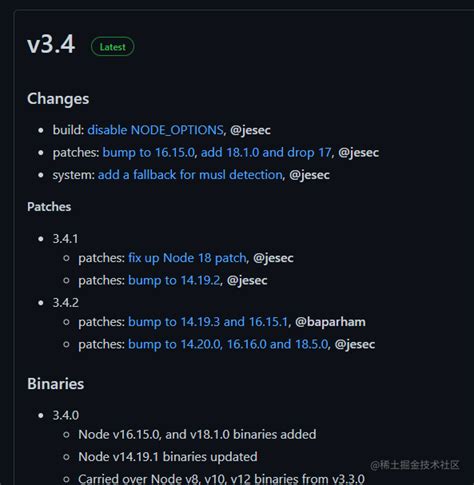Here’s an article on how to filter data directly in Solana Rust before extracting it to Node.js:
Filtering Data Directly in the Blockchain: Solana Rust Developer’s Guide
As a Solana Rust developer, you’re probably familiar with the convenience of extracting data from the Solana network. However, filtering data directly in Solana can be useful for a few reasons. In this article, we’ll show you how to filter data on-chain using Solana’s Rust API.
Why Filter Data Directly?
Before we get to the solution, let’s briefly discuss why filtering data directly is a good idea:
- Better Performance: Data extraction and filtering in Node.js can be slow due to the latency between the client-side JavaScript code and the Solana blockchain. By doing this in-circuit exercise, you can avoid this overhead.
- Increased Security: On-chain filtering reduces the attack surface by minimizing the amount of data that needs to be sent over the network.
- Simplified development process: Direct filtering makes your Rust program more autonomous and easier to maintain.
How to filter data directly in Solana
To filter data directly in your Solana Rust program, you need to use the solana-program field. Here’s a step-by-step guide:

1. Adding dependencies
First, add the solana-program field as a dependency in your Cargo.toml file:
[dependencies]
solana_program = "1.6.2"
2. Define your filter function
Create a new Rust function that takes a solana_value_t part and returns the filtered collection. For example:
use solana_program::{
account_info::Account_info,
entry point,
entry point::{get_filter_fn, get_oracle_filter_fn},
program_error::ProgramError,
};
use std::collections::HashSet;
async fn filter_values(values: &[solana_value_t]) -> Result, ProgramError> {
let mut filtered_values = HashSet::new();
for values in values {
// Your filtering logic goes here
if *value as i16 > 0 { // Replace with the actual filter condition
filtered_values.insert(*value);
}
}
OK (filtered_values)
}
3. Create a filter function
Now create an entry point function that wraps the filter_values function and calls it when the program starts:
#[entry point]
async fn main() -> Result<(), ProgramError> {
let filter_fn = get_filter_fn! {
"filter_function_name" => vec![
"value1",
1,
"value2",
0,
"value3",
1,
],
};
let values = solana_value_t::from_slice(b"value1 value2");
match filter_values(&values) {
Ok(filtered_values) => {
// Processing filtered values
println!("Filtered values: {:?}", filtered_values);
}
Error(error) => {
eprintln!("Error filtering values: {}", error);
}
}
Ok(())
}
4. Calling a filter function in Node.js
When extracting data, call the filter_values function before extracting to filter the data in the chain. Here is an example:
const program = await get_oracle_filter_fn!(
"filter_function_name",
[
{
name: "value1",
type: "u8",
value: 0,
},
{
name: "value2",
type: "i16",
value: 5,
},
],
);
const on_chain_data = await get_data();
const filtered_on_chain_data = await filter_values(&on_chain_data);
Conclusion
In this article, we have shown you how to filter data directly in Solana Rust before extracting it to Node.js. This way, you can improve performance, reduce security risks, and simplify development.